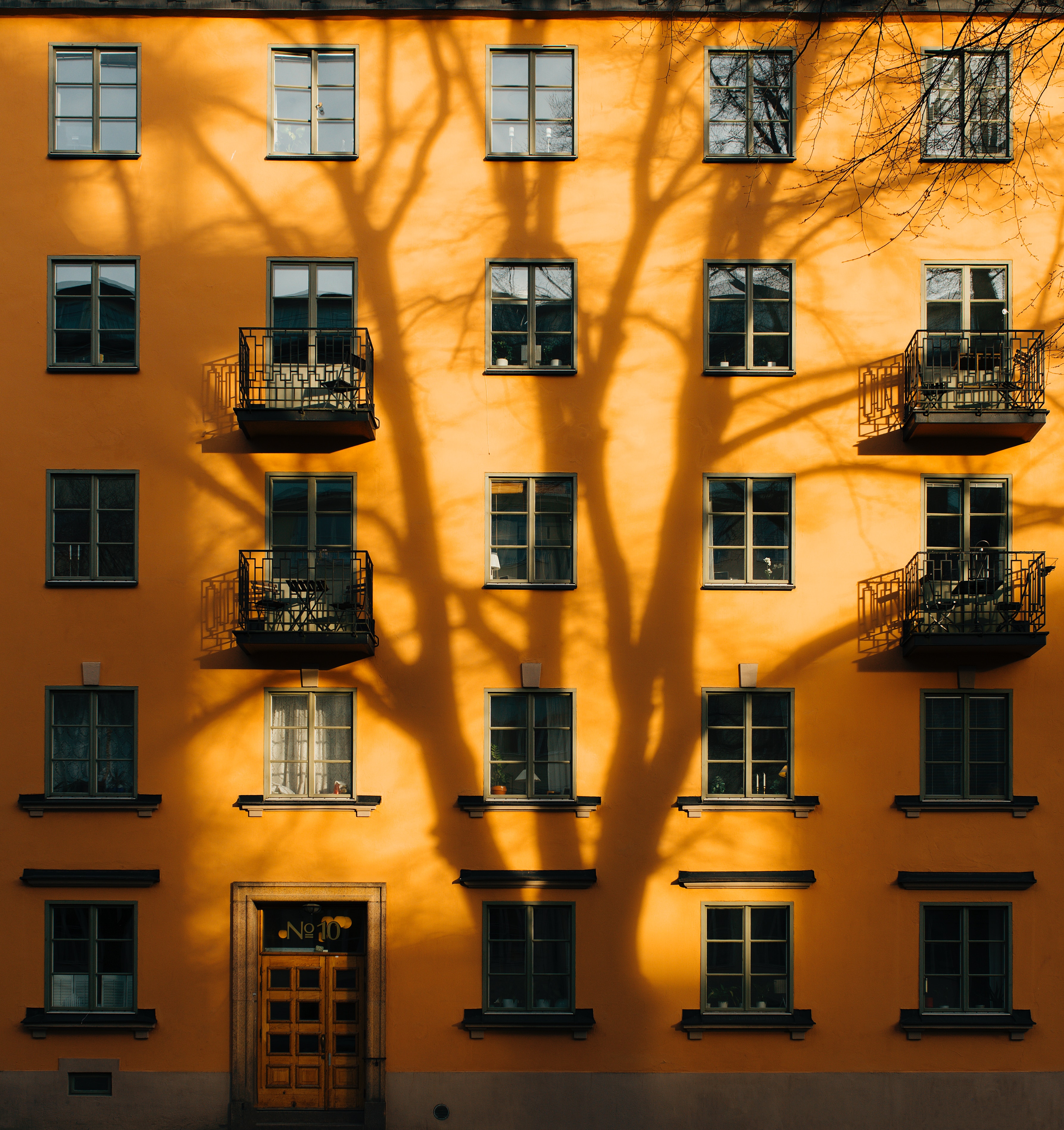Examples of our actions towards SDG 11 Sustainable Cities and Communities
Durham's World Heritage Site Visitor Centre, is a free facility open seven days a week. It provides visitors with an overview of the World Heritage Site, including information about what it means to be a World Heritage Site, what makes Durham significant, and what there is to see and do in Durham.
Research
Below some examples of our actions in the strategy area research towards SDG 11 - Make cities and human settlements inclusive, safe, resilient, and sustainable
Education
Wider Student Experience
Living the Values
Below some examples of our actions in the strategy area living the values towards SDG 11 - Make cities and human settlements inclusive, safe, resilient, and sustainable
Global
Local and Regional
Governance and Policy
Below some examples of our actions in the area governance and policy towards SDG 11 - Make cities and human settlements inclusive, safe, resilient, and sustainable
Centre for the Ethics of Cultural Heritage
A collaborative research centre, involving academics and practitioners from the Departments of Archaeology, Anthropology, Philosophy and Law. The CECH focuses upon ethical debates surrounding cultural heritage, in particular relations with indigenous people.
More examples of our work towards SDG11
Public access to green spaces
Durham University is proud to offer a vibrant open estate, inviting the public to enjoy its beautiful open green spaces year-round. The University’s Botanic Garden spans 10 hectares, nestled among mature woodlands, providing a diverse array of landscapes for all ages to explore and enjoy.
Our open spaces are easily accessible, and our unique cultural attractions are popular destinations for visitors. For more information, please follow the links below.
Botanic Garden - Durham University
Botanic Garden Gold Award - Durham University
Walking routes Oct 2024 - Durham University
World Heritage Site Visitor Centre - Public Access
Building on brownfield sites
Durham University is committed to developing brownfield sites wherever possible, guided by our Estates Masterplan. This plan focuses on regenerating brownfield land through the use of waste minerals and organic matter, exploring links between brownfield sites and community health and wellbeing, understanding carbon interactions and soil structure, and engineering soils for flood mitigation.
Alongside carbon and energy efficiencies, the Masterplan emphasises strengthening connections with our academic researchers, sharing best practices and innovative solutions with established partners, and prioritising the health and wellbeing of our local communities, people, and natural environment in all key decisions related to brownfield development.
Recent projects have included the regeneration of brownfield land using sustainable technologies, the brownfield regeneration of a disused swimming pool, SMART Soils, and our completed projects within the Institute of Hazard, Risk & Resilience pertaining to brownfield land developments.
DU Estate Masterplan 2017-2027 Exec Summary
Regeneration of Brownfield Land Using Sustainable Technologies - Durham University
Business School development planned for disused swimming pool – Palatinate
SMART Soils - Durham University
Completed Projects - Brownfield Developments - Institute of Hazard, Risk & Resilience![]()


/prod01/prodbucket01/media/durham-university/about-us/environmental-social-and-economic-sustainability/Environment-Banner.png)








